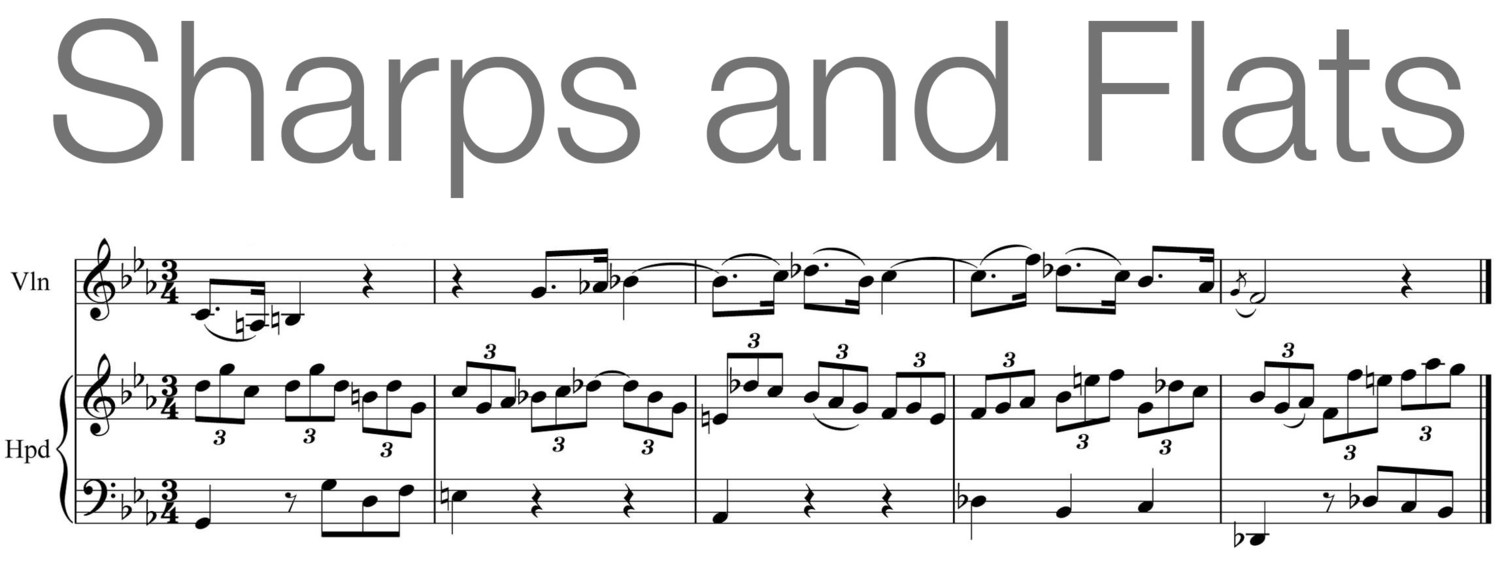They among Englishmen who best love and most admire the United States, have felt themselves tempted to use the strongest language in denouncing the sins of Americans. Who can but love their personal generosity, their active and far-seeking philanthropy, their love of education, their hatred of ignorance, the general convictions in the minds of all of them that a man should be enabled to walk upright, fearing no one and conscious that he is responsible for his own actions? In what country have grander efforts been made by private munificence to relieve the sufferings of humanity? Where can the English traveller find any more anxious to assist him that the normal American, when once the American shall have found the Englishman to be neither sullen nor fastidious? Who, lastly, is so much an object of heart-felt admiration for the American man and the American woman as the well-mannered and well-educated Englishwoman or Englishman?
These are the ideas which I say spring uppermost in the minds of the unprejudiced English traveller as he makes acquaintance with these near relatives. Then he becomes cognizant of their official doings, of their politics, of their municipal scandals, of their great ring-robberies, of their lobbyings and briberies, and the infinite baseness of their public life. There at the top of everything he finds the very men who are the least fit to occupy high places.
American public dishonesty is so glaring that the very friends he has made in the country are not slow to acknowledge it, speaking of public life as a thing apart from their own existence as a state of dirt in which it would be an insult to suppose that they are concerned! In the midst of it all the stranger, who sees so much that he hates and much that he loves, hardly knows how to express himself.
“It is not enough that you are personally clean,” he says, with what energy and courage he can command, “not enough though the clean outnumber the foul as greatly as those gifted with eyesight outnumber the blind, if you that can see allow the blind to lead you.
“It is not by the private lives of the millions that the outside world will judge you, but by the public career of those units whose venality is allowed to debase the name of your country. There never was plainer proof than is given here, that it is the duty of every honest citizen to look after the honour of his State.”
